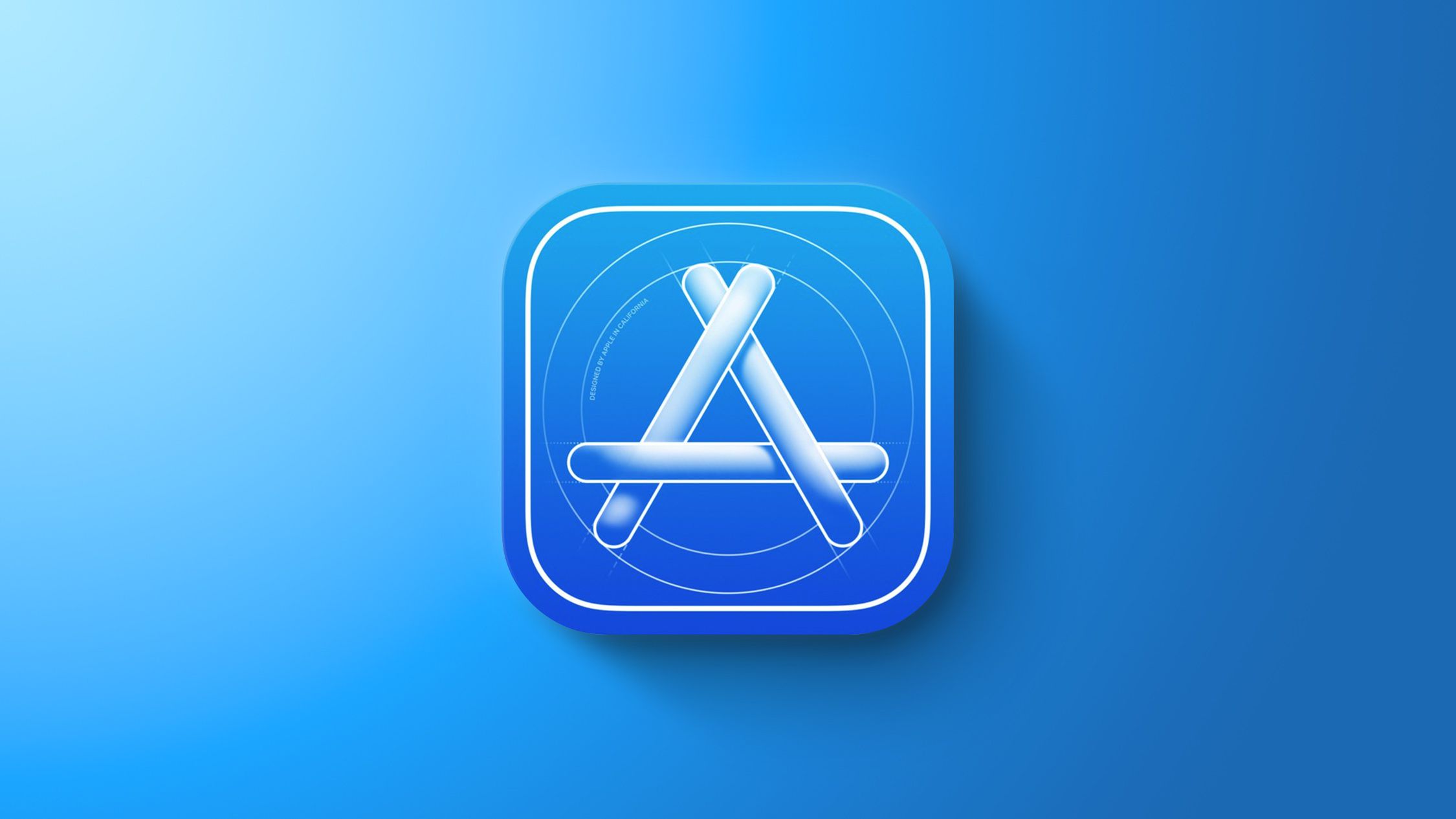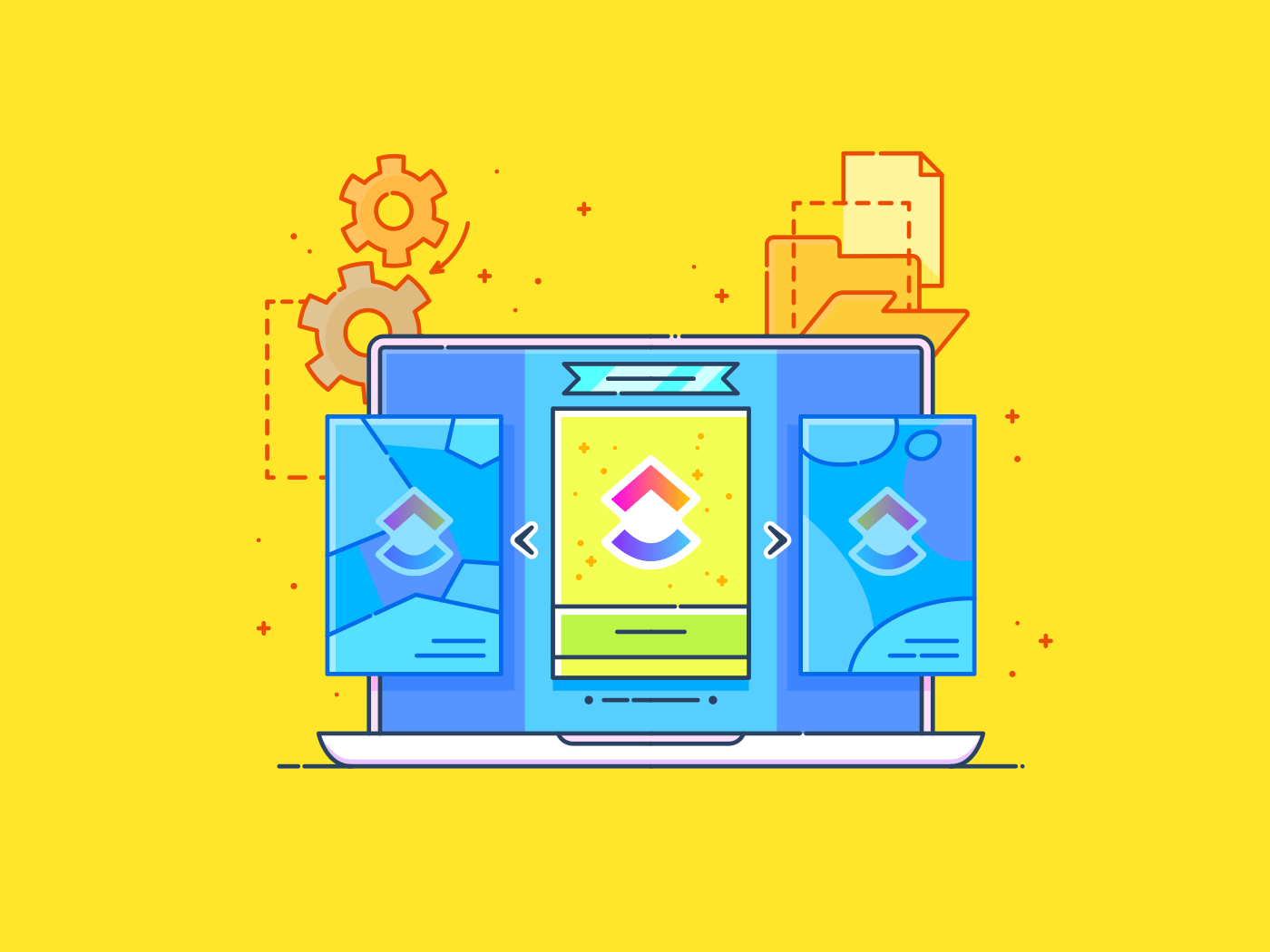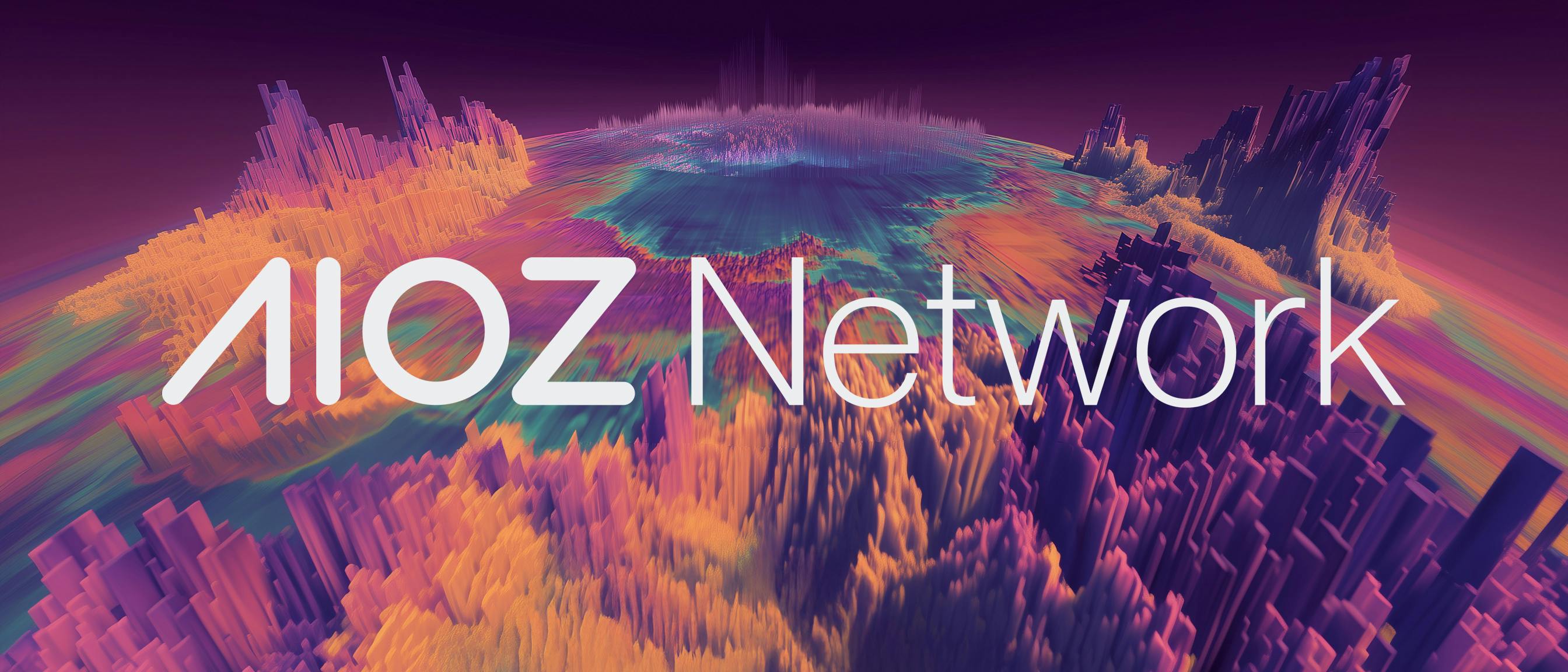A new report from local venture capital firm Madrona features three Seattle-based startups among the top 40 private artificial intelligence companies globally.
The annual Intelligent Applications 40 (IA40) list provides an overview of the leading startups that are integrating AI into business solutions.
To compile the list, more than 70 VC investors from 54 firms nominated more than 340 private companies. These investors then voted on a short list of finalists, and the results were combined with PitchBook’s “Venture Exit Predictor Tool” to produce the final ranking.
The ranking, co-authored by Madrona, features a significant turnover rate with 27 new companies on the list, reflecting a rapid pace of innovation. The list also highlights the concentration of AI startups in San Francisco, which accounts for a significant proportion of the honorees.
While California-based startups dominate the list, three companies from the Seattle area made the cut:
- Clarify (Seattle): Provides a sales intelligence platform that automates workflows and consolidates customer data to help sales teams. It raised $15 million in June.
- Dropzone AI (Seattle): Its “AI SOC analyst” assists security teams by automating the investigation of alerts. The company announced a $37 million Series B round last month.
- Statsig (Bellevue): Offers a product development platform that helps teams run experiments and manage features. Statsig achieved unicorn status earlier this year after raising $100 million.
The IA40 list highlights a small-but-impactful group of Seattle companies alongside a much larger representation from the Bay Area, which includes major players like OpenAI and Anthropic. GeekWire recently reported on the lack of superstar AI startups in the Seattle region, despite its brand as a global AI hub.
Key takeaways from the IA40 report include the rise of next-generation user interfaces that are conversational and “agentic” — systems that can reason and execute autonomously.
The report also highlights a multi-billion dollar opportunity in new AI tools for software development, along with the success of “service-as-software” business models. These trends are supported by the continued importance of the data layer and the maturity of the enabling infrastructure that powers these innovations, allowing for strong vertical momentum as companies build AI-native products for specific industries.
See the full list here and read Madrona’s blog post here.









